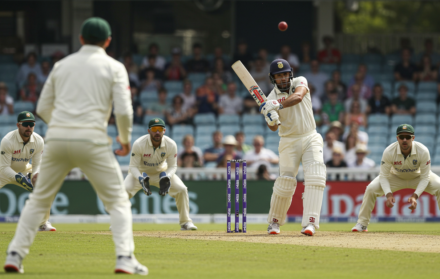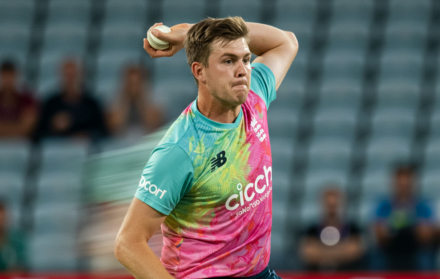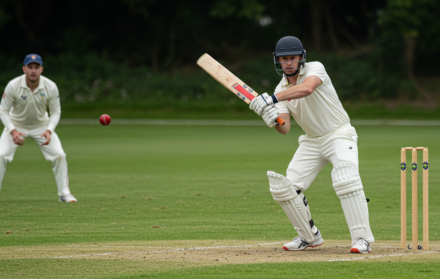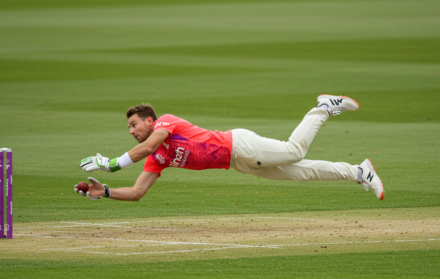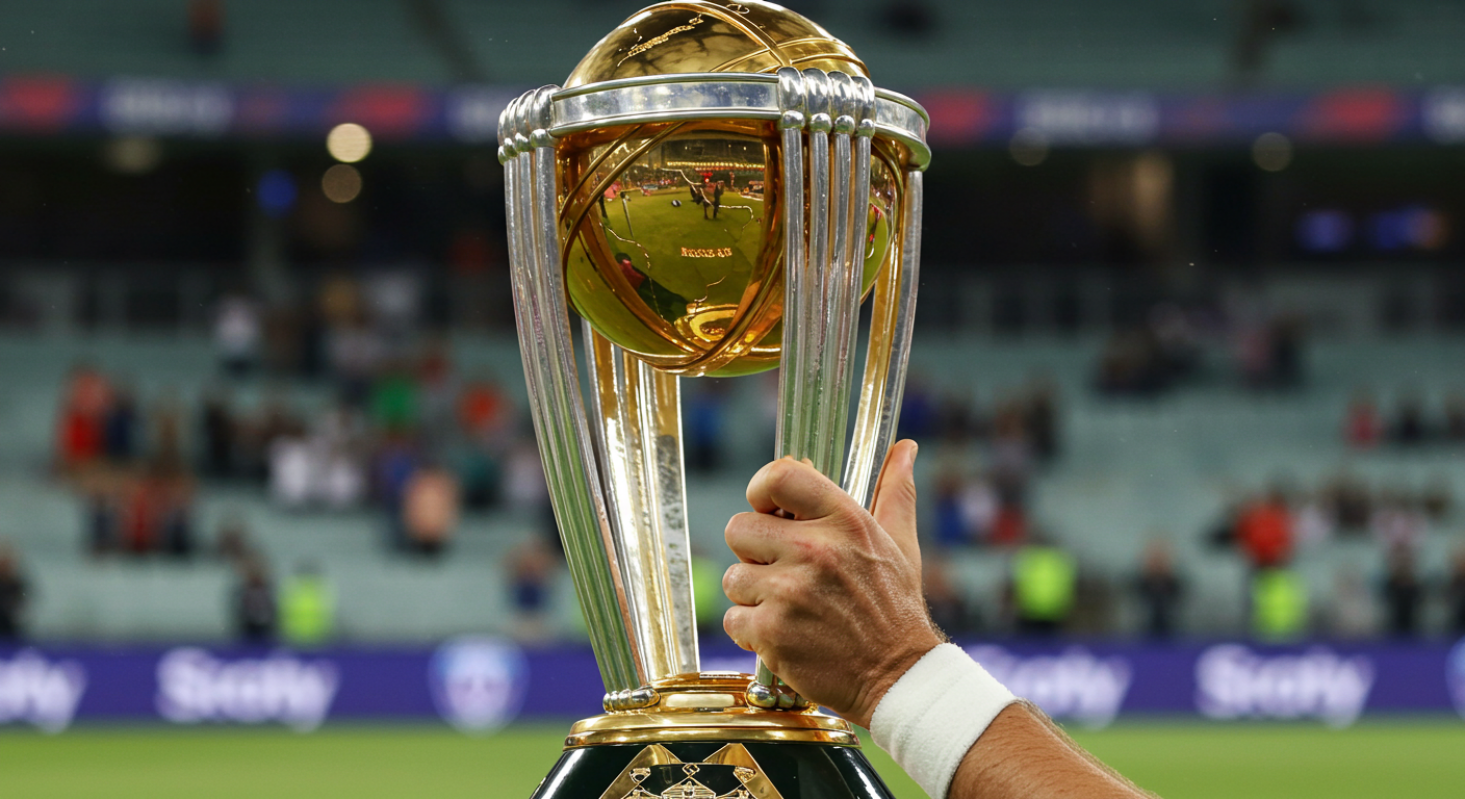
What is the ICC Cricket World Cup and how does it work?
The ICC Cricket World Cup is one of the most prestigious tournaments in international sport. Held every four years, it is a global showcase of elite-level cricket, bringing together top-performing nations for a battle of skill, strategy, and endurance. Managed by the International Cricket Council (ICC), this competition crowns the world champions of One-Day International (ODI) cricket.
While there are multiple cricket formats played worldwide, the World Cup typically refers to the 50-over ODI version. A shorter format, known as the T20 World Cup, also exists and has gained popularity in recent years, but the ODI World Cup remains the ultimate prize in global cricket.
This article explains the origins, structure, and mechanics of the tournament, as well as how teams qualify, how matches are played, and what makes the ICC Cricket World Cup so impactful.
1. The History of the ICC Cricket World Cup
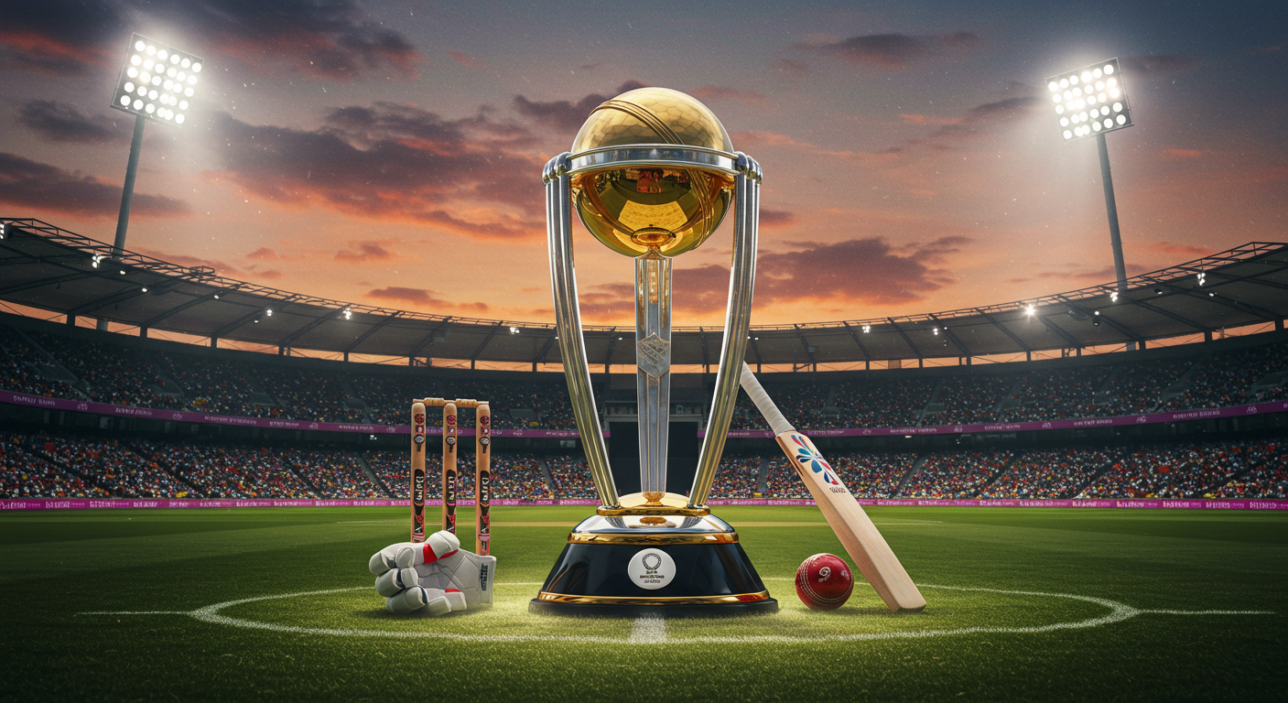
The inaugural Cricket World Cup took place in 1975 in England. At the time, cricket was largely dominated by England, Australia, and the West Indies. The first tournament featured just eight teams and used a 60-over per side format. The West Indies emerged as the first champions, defeating Australia in a thrilling final.
Since then, the tournament has expanded dramatically in both size and popularity. Some key moments include:
-
1983: India shocked the world by defeating the dominant West Indies.
-
1992: The introduction of colored kits, day-night matches, and a round-robin format.
-
1996: Sri Lanka’s surprise victory on home soil.
-
1999-2011: Australia’s golden era, winning three consecutive titles.
-
2019: England’s dramatic win over New Zealand in a tied final, decided by boundary count.
Today, the ICC Cricket World Cup is watched by billions, with digital streaming and high-definition coverage reaching fans across the globe. The tournament is more than a series of matches — it’s a cultural event that unites cricket lovers worldwide.
2. Governing Body: What Is the ICC and What Does It Do?
The International Cricket Council (ICC) is the global governing body for cricket. Headquartered in Dubai, it oversees the game’s international regulations, organizes global tournaments, and ensures fair play.
In relation to the Cricket World Cup, the ICC:
-
Selects host nations
-
Determines tournament formats
-
Sets qualification pathways
-
Allocates umpires and match officials
-
Handles commercial rights and broadcasting
The ICC also works closely with local cricket boards in host countries to manage logistics, venues, ticketing, and promotions.
It’s worth noting that while the ICC oversees the World Cup, individual boards (like the BCCI in India or ECB in England) control domestic and bilateral international cricket within their nations.
3. Tournament Types: ODI vs T20 World Cup
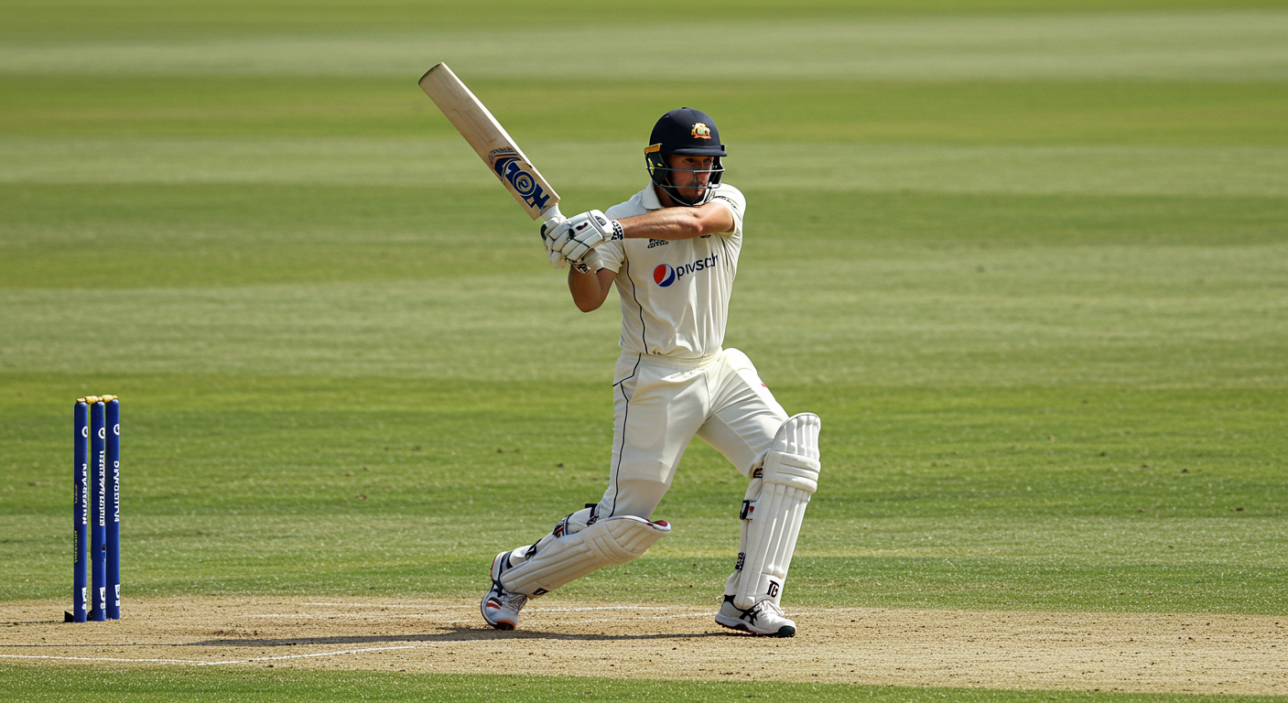
There are two primary global tournaments organized by the ICC: the ODI World Cup and the T20 World Cup.
ODI Cricket World Cup (50 Overs)
-
Played every four years
-
Matches are 50 overs per side
-
Games typically last 7 to 8 hours
-
Emphasis on endurance, batting depth, and bowling discipline
T20 Cricket World Cup (20 Overs)
-
Held every two years (on average)
-
Matches are 20 overs per side
-
Games last about 3 hours
-
Faster, more explosive gameplay
-
Popular with younger audiences and casual fans
While both tournaments hold significant prestige, the ODI World Cup is generally considered the traditional and more serious form of global competition. T20 has commercial appeal and entertainment value, but the 50-over World Cup tests a broader range of cricketing skills.
4. How Do Teams Qualify for the ICC Cricket World Cup?
Not every nation is guaranteed a spot in the World Cup. Qualification is based on performance, ranking, and participation in pre-tournament competitions.
Automatic Qualification
-
The top-ranked teams in the ICC Men’s ODI Team Rankings are granted direct entry into the World Cup.
-
The host nation usually qualifies automatically.
World Cup Qualifiers
For teams outside the top rankings, the ICC organizes a separate tournament called the Cricket World Cup Qualifier. This competition includes:
-
Lower-ranked full member nations (like Zimbabwe or Ireland)
-
Top-performing associate nations (like Scotland, Netherlands, Namibia)
The top finishers in the qualifier secure the remaining World Cup spots.
Pathway Through the Super League
The ICC Cricket World Cup Super League was introduced as part of the qualification pathway. Teams earn points through bilateral series, and the top teams from the league qualify directly.
This system ensures competitive balance and allows emerging cricket nations a chance to reach the biggest stage.
5. ICC World Cup Format: How the Tournament Works
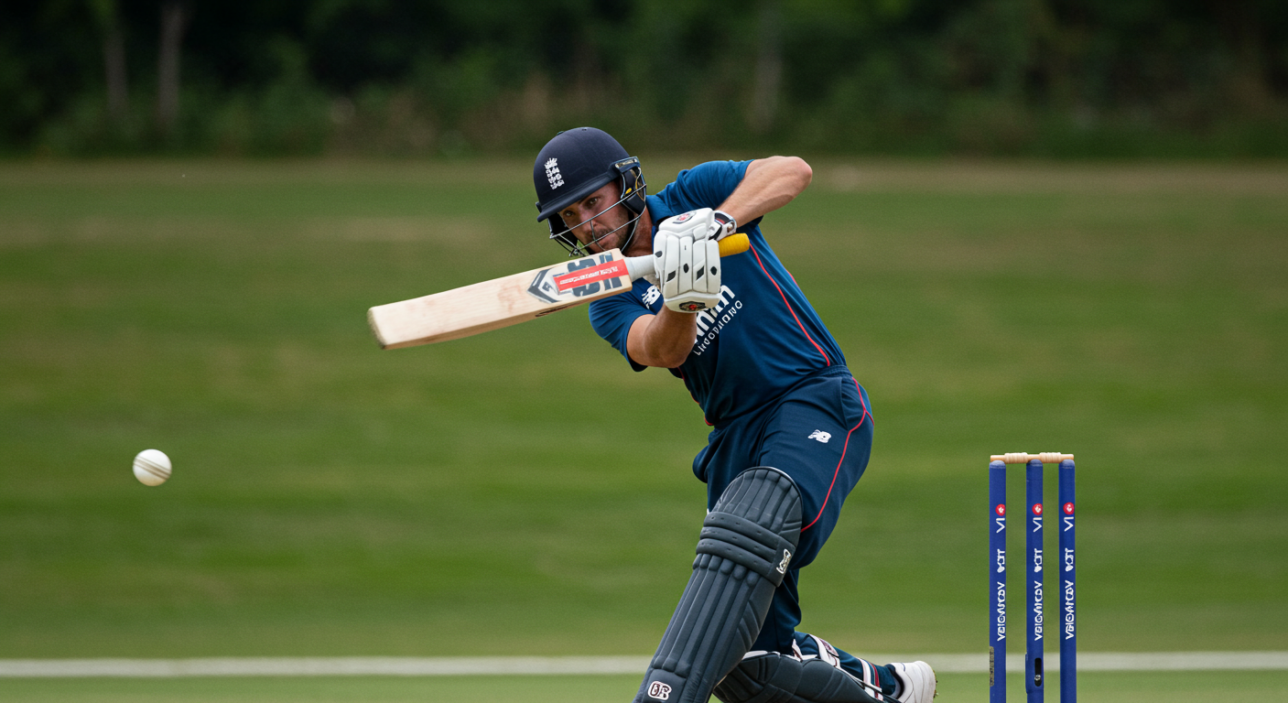
The format of the Cricket World Cup has changed over the years, evolving to accommodate more teams and deliver better competition. The current structure used in recent tournaments includes both a group stage and a knockout stage.
Group Stage (Round-Robin)
-
All teams play each other once
-
Win earns 2 points, a tie or no result earns 1 point
-
Loss results in 0 points
-
Net run rate (NRR) is used as a tiebreaker
At the end of the round-robin matches, the top four teams advance to the semifinals.
Knockout Stage
-
Semifinal 1: 1st place vs 4th place
-
Semifinal 2: 2nd place vs 3rd place
-
Winners face off in the final
Flexibility by Edition
The number of teams has varied — 14 in some editions, 10 in others — but the general principle remains: perform well in the group stage to earn a spot in the semis.
This format rewards consistency across matches and creates excitement toward the end as several teams often compete for the final qualification spots.
6. Iconic Winners and Memorable Moments
The ICC Cricket World Cup has delivered countless moments of brilliance, drama, and history-making performances. Here’s a look at some of the most unforgettable World Cup champions and highlights.
Past ODI Cricket World Cup Winners:
| Year | Host Country | Winner | Runner-Up |
|---|---|---|---|
| 1975 | England | West Indies | Australia |
| 1979 | England | West Indies | England |
| 1983 | England | India | West Indies |
| 1987 | India & Pakistan | Australia | England |
| 1992 | Australia & NZ | Pakistan | England |
| 1996 | India, SL, Pak | Sri Lanka | Australia |
| 1999 | England | Australia | Pakistan |
| 2003 | SA, Zim, Kenya | Australia | India |
| 2007 | West Indies | Australia | Sri Lanka |
| 2011 | India, SL, BD | India | Sri Lanka |
| 2015 | Australia & NZ | Australia | New Zealand |
| 2019 | England & Wales | England | New Zealand |
| 2023 | India | Australia | India |
Memorable Matches and Highlights:
-
1983 Final: India’s upset win over West Indies signaled a shift in cricket power.
-
1992 Innovations: Colored clothing, white balls, and floodlights were introduced.
-
1996 Upsets: Sri Lanka’s aggressive opening partnerships stunned favorites.
-
2011 Victory: India won at home, led by MS Dhoni’s iconic six to seal the final.
-
2019 Final: Tied match and tied Super Over; England won based on boundary count, one of the most dramatic conclusions in sporting history.
These tournaments not only crowned champions but created legends and unforgettable cricket folklore.
7. Hosting the ICC Cricket World Cup
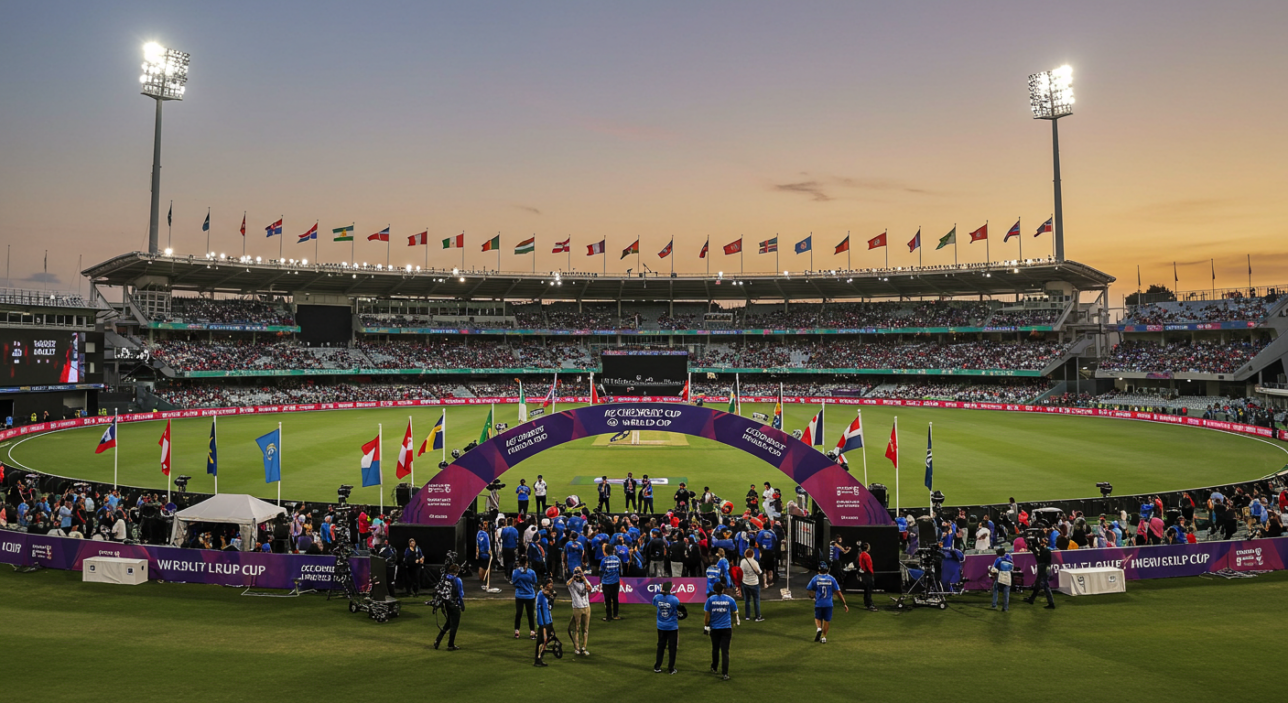
Hosting the World Cup is a major honor and responsibility. The ICC selects host nations years in advance, often choosing countries with strong cricket cultures and infrastructure.
How Hosts Are Chosen
-
ICC members bid for the hosting rights
-
Evaluation includes stadium quality, travel logistics, broadcast facilities, and fan engagement plans
-
Joint hosting is common to reduce costs and expand regional appeal
Hosting Trends
-
England hosted the first three editions and remains a frequent host
-
Australia, India, South Africa, and Sri Lanka have hosted multiple times
-
Co-hosting is now a norm: India, Pakistan, and Sri Lanka in 1996; Australia and New Zealand in 2015; India solo in 2023
Benefits of Hosting
-
Boosts tourism and local economy
-
Showcases a nation’s infrastructure
-
Enhances cricket development in the region
Hosting also gives the home team a slight advantage due to familiar conditions and home crowd support.
8. Watching and Following the Cricket World Cup
Fans around the globe follow the tournament through multiple channels. With cricket’s digital transformation, access is more widespread than ever.
Broadcast and Streaming
-
Major broadcasters like Star Sports, Sky Sports, and SuperSport hold television rights
-
Streaming platforms like Disney+ Hotstar, Willow TV, and ESPN+ stream matches live
-
ICC’s official website and app provide match scores, highlights, and analysis
Attending in Person
-
Tickets are sold through the official ICC portal and local cricket boards
-
Fans can attend group stage and knockout games, including the grand final
-
Fan parks and zones in host cities enhance the experience with live screenings, food, and entertainment
Social Media and Fan Culture
-
Hashtags like #CWC23 or #WorldCupFinal trend globally during matches
-
Players interact with fans on Instagram and Twitter
-
Memes, commentary, and behind-the-scenes videos offer immersive engagement
Whether you are watching from your living room or in the stands, the World Cup experience is electric and emotional.
9. Upcoming ICC Cricket World Cup Events
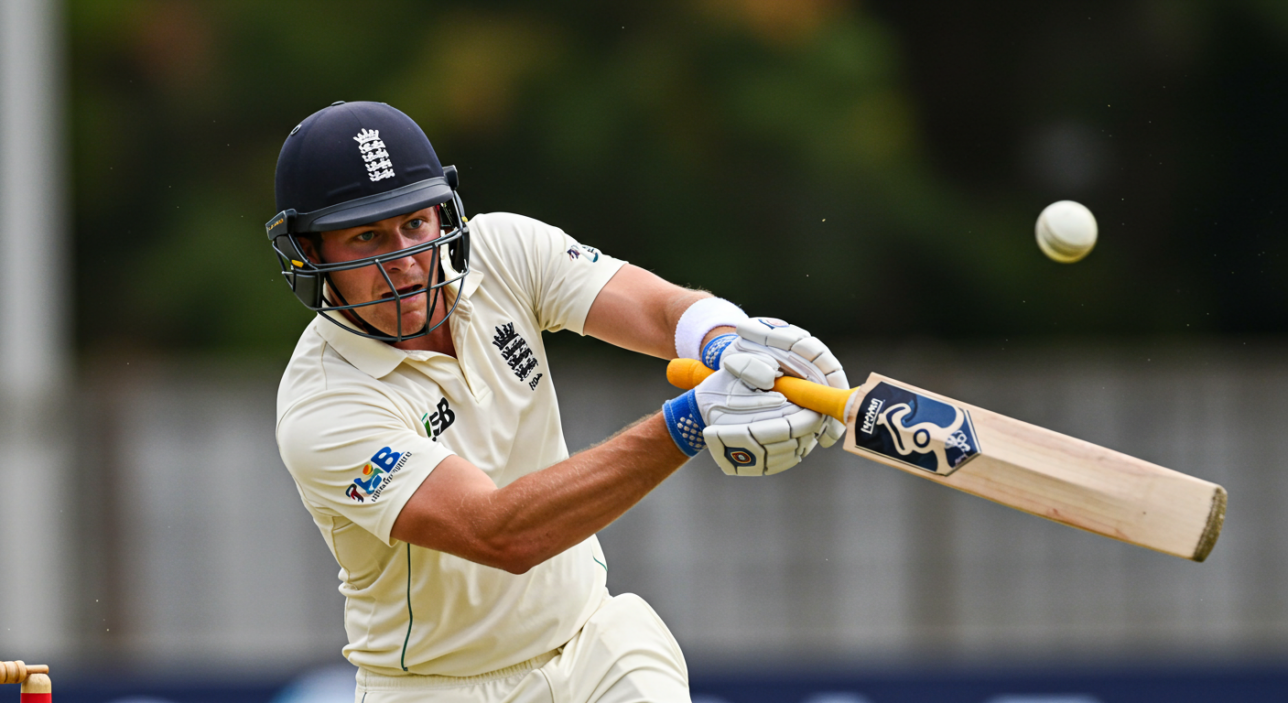
The ICC maintains a future schedule for both ODI and T20 World Cups. These calendars help fans and teams prepare for upcoming global contests.
Confirmed Upcoming Events:
-
T20 World Cup 2026: To be hosted by India and Sri Lanka
-
ODI World Cup 2027: Co-hosted by South Africa, Zimbabwe, and Namibia
-
T20 World Cup 2028: Host nations yet to be confirmed
Each edition brings structural improvements, technology integration like DRS, and expanded media coverage. As cricket grows in the US, Canada, and Europe, future World Cups may even involve these emerging regions.
Final Thoughts: Why the Cricket World Cup Captivates Fans Worldwide
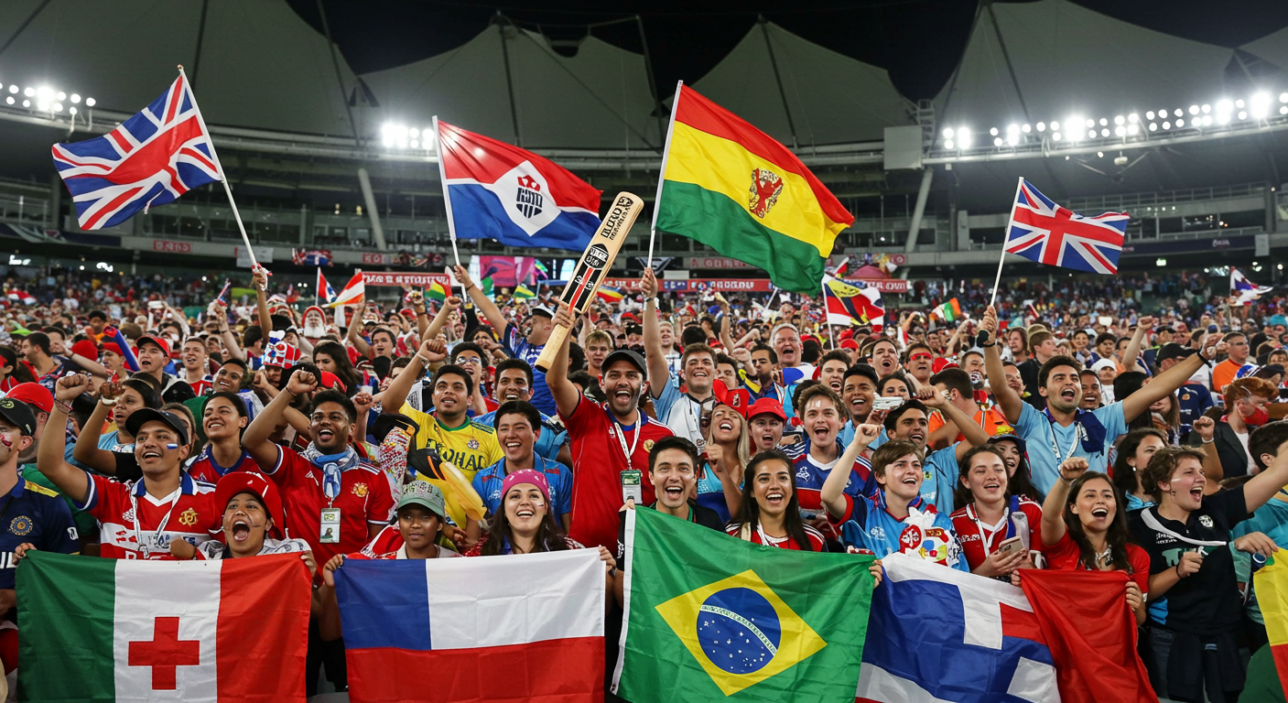
The ICC Cricket World Cup is more than a sports event — it is a global celebration of culture, competition, and connection. From veterans reliving the glory of past finals to young fans discovering heroes for the first time, the tournament creates memories that span generations.
Its format combines strategic depth with thrilling unpredictability. Small teams can topple giants. Underdogs can script history. And every edition introduces new heroes, new controversies, and unforgettable cricket.
As the game modernizes and expands, the Cricket World Cup remains its crowning jewel, uniting fans across borders and reminding the world why cricket is so beloved.
Frequently Asked Questions
When is the next ICC Cricket World Cup?
The next ODI Cricket World Cup will be held in 2027, co-hosted by South Africa, Zimbabwe, and Namibia. The next T20 World Cup is scheduled for 2026 in India and Sri Lanka.
How many teams participate in the Cricket World Cup?
The number varies. Recent ODI tournaments featured 10 teams, while T20 tournaments have expanded to include up to 20 nations, encouraging global participation.
What is the difference between ODI and T20 World Cup?
ODI matches are 50 overs per side and focus on balance between batting and bowling. T20 games are 20 overs per side and emphasize fast-paced action and explosive hitting.
How are World Cup points calculated?
In round-robin stages, teams earn:
-
2 points for a win
-
1 point for a tie or no result
-
0 points for a loss
Net Run Rate (NRR) is used as a tiebreaker if teams are level on points.
Has any team won the World Cup without losing a match?
Yes. Australia in 2003 and 2007, and India in 1983 (after group losses but winning the knockout rounds). These unbeaten or nearly unbeaten campaigns are seen as dominant performances in cricket history.
